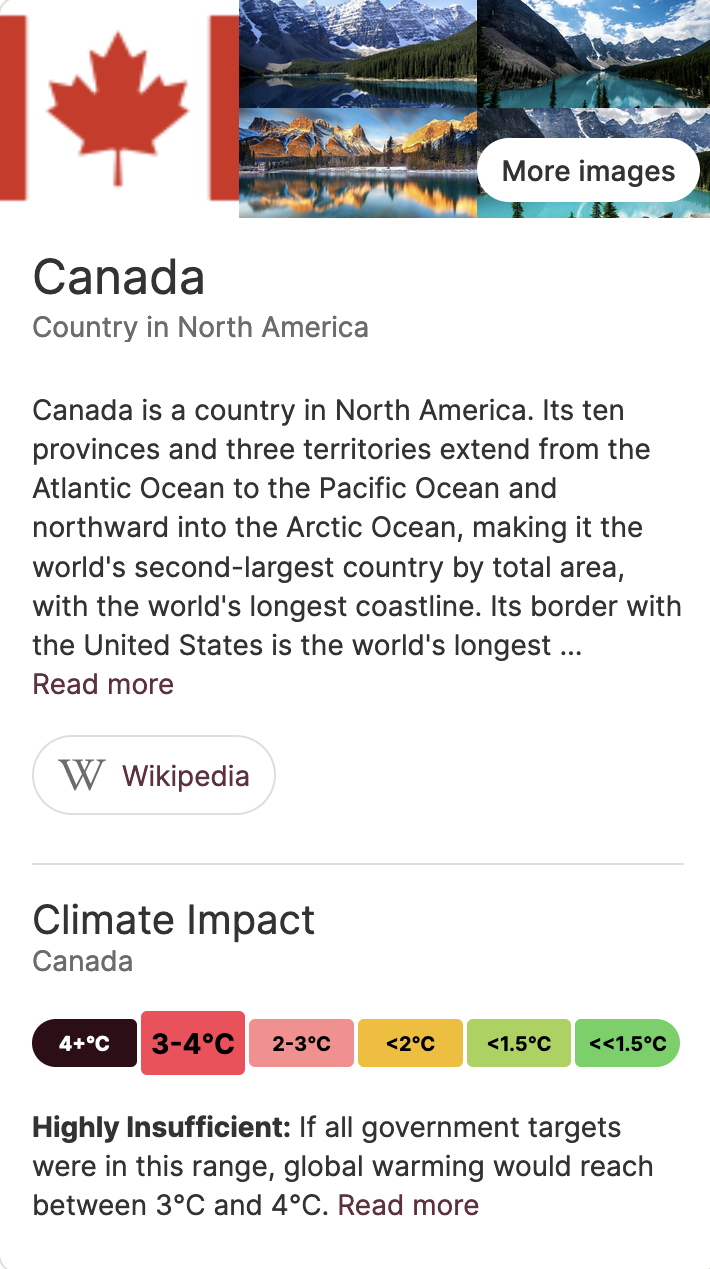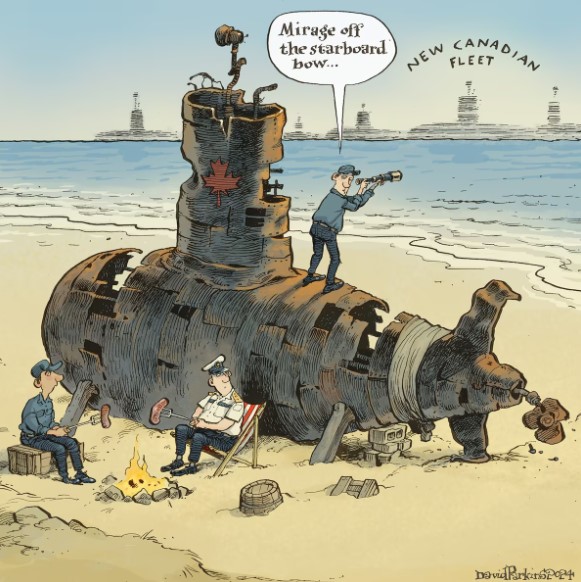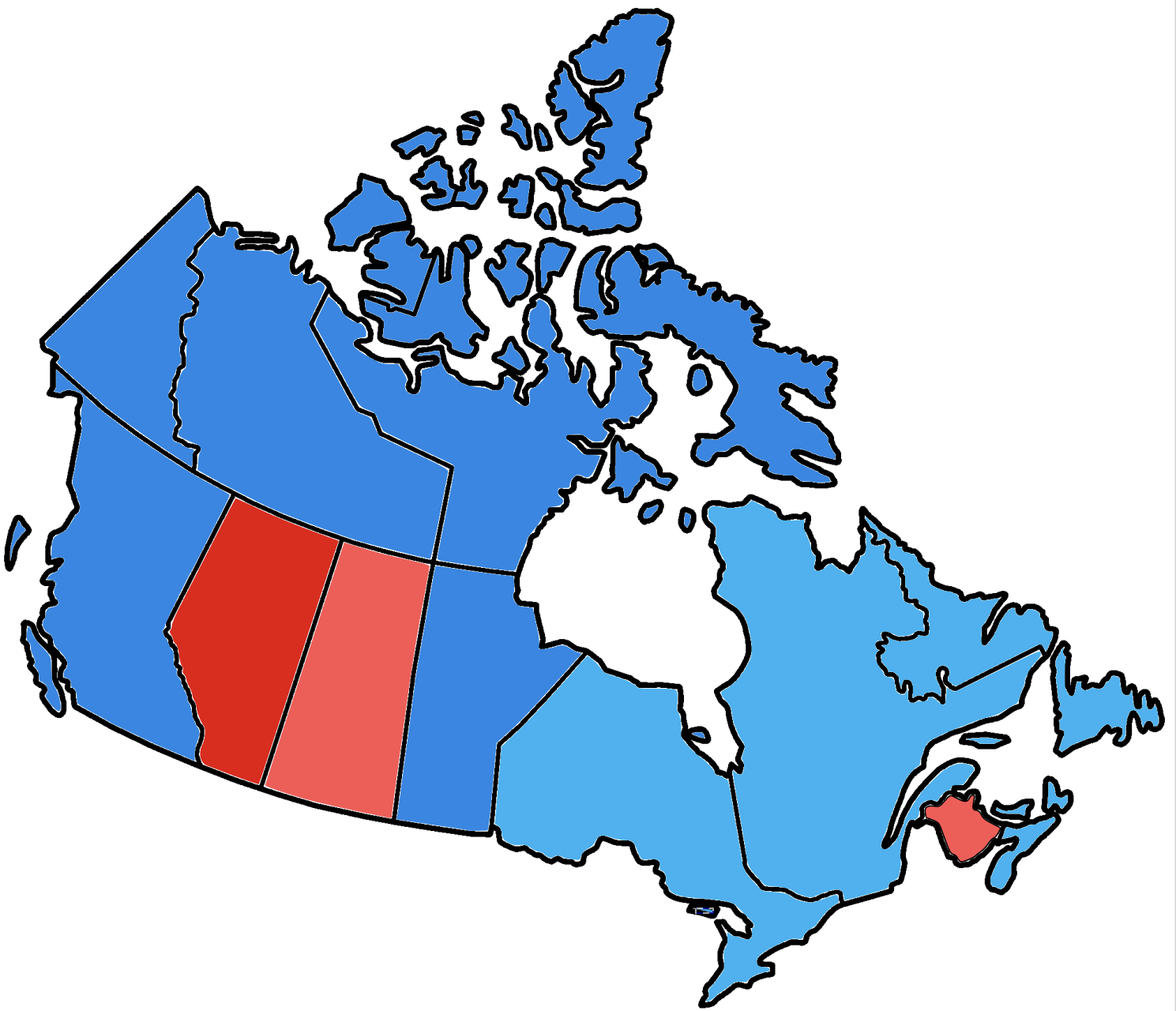Canada
7166 readers
515 users here now
What's going on Canada?
Communities
🍁 Meta
🗺️ Provinces / Territories
- Alberta
- British Columbia
- Manitoba
- New Brunswick
- Newfoundland and Labrador
- Northwest Territories
- Nova Scotia
- Nunavut
- Ontario
- Prince Edward Island
- Quebec
- Saskatchewan
- Yukon
🏙️ Cities / Regions
- Calgary (AB)
- Edmonton (AB)
- Greater Sudbury (ON)
- Halifax (NS)
- Hamilton (ON)
- Kootenays (BC)
- London (ON)
- Mississauga (ON)
- Montreal (QC)
- Nanaimo (BC)
- Oceanside (BC)
- Ottawa (ON)
- Port Alberni (BC)
- Regina (SK)
- Saskatoon (SK)
- Thunder Bay (ON)
- Toronto (ON)
- Vancouver (BC)
- Vancouver Island (BC)
- Victoria (BC)
- Waterloo (ON)
- Winnipeg (MB)
🏒 Sports
Hockey
- List of All Teams: Post on /c/hockey
- General Community: /c/Hockey
- Calgary Flames
- Edmonton Oilers
- Montréal Canadiens
- Ottawa Senators
- Toronto Maple Leafs
- Vancouver Canucks
- Winnipeg Jets
Football (NFL)
- List of All Teams:
unknown
Football (CFL)
- List of All Teams:
unknown
Baseball
- List of All Teams:
unknown - Toronto Blue Jays
Basketball
- List of All Teams:
unknown - Toronto Raptors
Soccer
- List of All Teams:
unknown - General Community: /c/CanadaSoccer
- Toronto FC
💻 Universities
💵 Finance / Shopping
- Personal Finance Canada
- BAPCSalesCanada
- Canadian Investor
- Buy Canadian
- Quebec Finance
- Churning Canada
🗣️ Politics
🍁 Social & Culture
Rules
Reminder that the rules for lemmy.ca also apply here. See the sidebar on the homepage:
founded 3 years ago
MODERATORS
726
727
728
729
730
731
732
733
734
735
736
737
738
739
740
39
US, Canada and Finland form ‘Ice Pact’ to project influence into Arctic region
(www.theguardian.com)
741
742
743
744
745
746
747
748
749
750




